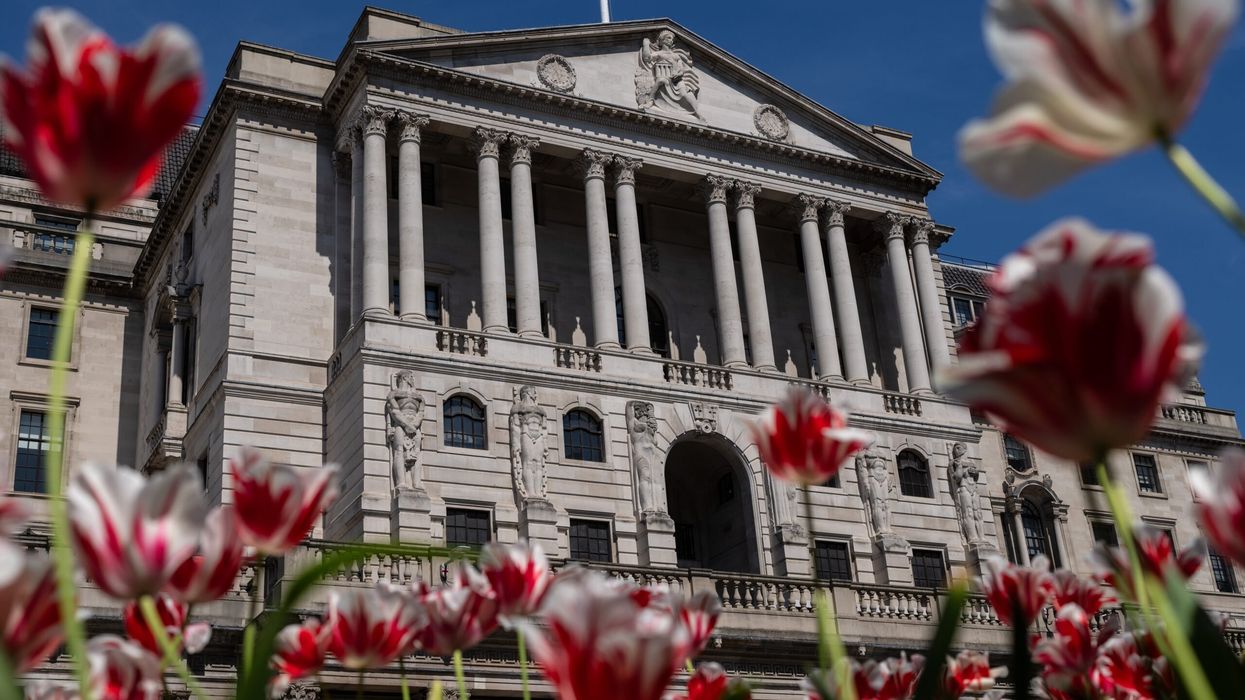THE BANK of England is expected to keep interest rates unchanged on Thursday, waiting for clearer signs that inflation risks have been mitigated. Attention is shifting towards a decision on bond sales, which could influence the upcoming budget.
Inflation in the UK remained stable in August but accelerated in the services sector, a critical area for the Bank of England. This has led forecasters to believe that interest rates in the UK will decrease more slowly than in the United States and the euro zone.
The Federal Reserve reduced interest rates by a significant half-percentage point on Wednesday. Chair Jerome Powell said the move showed "growing confidence" in the inflation outlook.
The Bank of England’s Monetary Policy Committee (MPC) is expected to adopt a more cautious approach on Thursday. All 65 economists surveyed in a Reuters poll last week predicted the BoE would maintain rates at 5.0 per cent, after reducing them in August from 5.25 per cent, a 16-year high.
Financial markets suggest there is a roughly 1-in-4 chance of a rate cut following Wednesday’s inflation data, compared to 1-in-3 the day before.
Recent data on price pressures has been mixed. Wage growth, a key metric for the MPC, slowed as anticipated last month, and the economy showed no growth in July. However, the Decision Maker Panel, a business survey monitored by the MPC, indicated that expectations for wage growth have stabilised. Additionally, services inflation increased in August, largely due to fluctuating airfares.
Tim Graf, head of macro strategy at State Street Global Markets, said the latest inflation data "solidifies the belief, largely priced by markets, that the Bank of England will stand pat at (the) policy meeting."
A Reuters poll indicated a 7-2 consensus among economists in favour of holding rates. Last month, the MPC voted 5-4 to reduce rates, though some members viewed the decision as closely balanced.
Investors are also closely watching for the BoE’s annual decision on the pace of its quantitative tightening (QT) programme, which involves the sale of British government bonds acquired in previous economic stimulus efforts. In September 2023, the MPC decided to reduce the BoE’s stock of gilts by 100 billion pounds, up from 80 billion in the previous year.
Some lawmakers have criticised the QT programme due to the financial losses it incurs for the BoE, which bought gilts at higher prices than they can currently be sold for. These losses are borne by taxpayers.
The BoE may announce an acceleration of the QT programme on Thursday. Around 87 billion pounds of its gilts are due to mature over the next year, leaving just 13 billion pounds available for active sales. Citi and JPMorgan predict the BoE could increase the programme to 120 billion pounds to maintain the volume of active gilt sales.
Francis Diamond, head of UK, euro and global inflation strategy at JPMorgan, said that market reaction to an expanded QT programme would likely be limited.
Governor Andrew Bailey has stated that QT is necessary to ensure the BoE has the ability to stimulate the economy through bond purchases if needed in the future.
Chancellor Rachel Reeves will be monitoring Thursday’s decision due to its potential impact on the government’s budget. While she has described QT as an operational matter for the BoE, many economists expect she may adjust fiscal rules to exclude the effects of the QT programme, potentially providing additional fiscal space in her first budget on October 30.
The New Economics Foundation has estimated that continuing the current pace of bond sales could cost taxpayers nearly 24 billion pounds annually until 2028/29. It suggested that stopping active sales could save 13.5 billion pounds per year.
NEF economist Dominic Caddick stated, "The Bank of England should reflect on the value for money from such choices, and the chancellor should reconcile the fact that her fiscal rules are imposing arbitrary constraints on her spending decisions."
(With inputs from Reuters)












